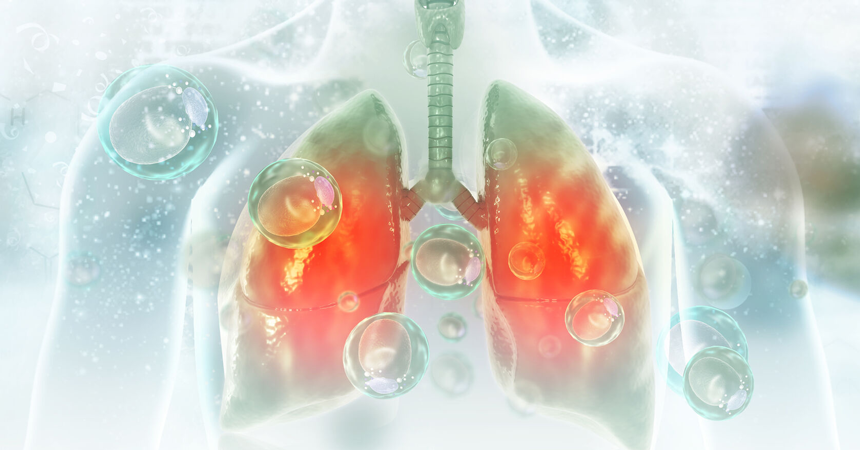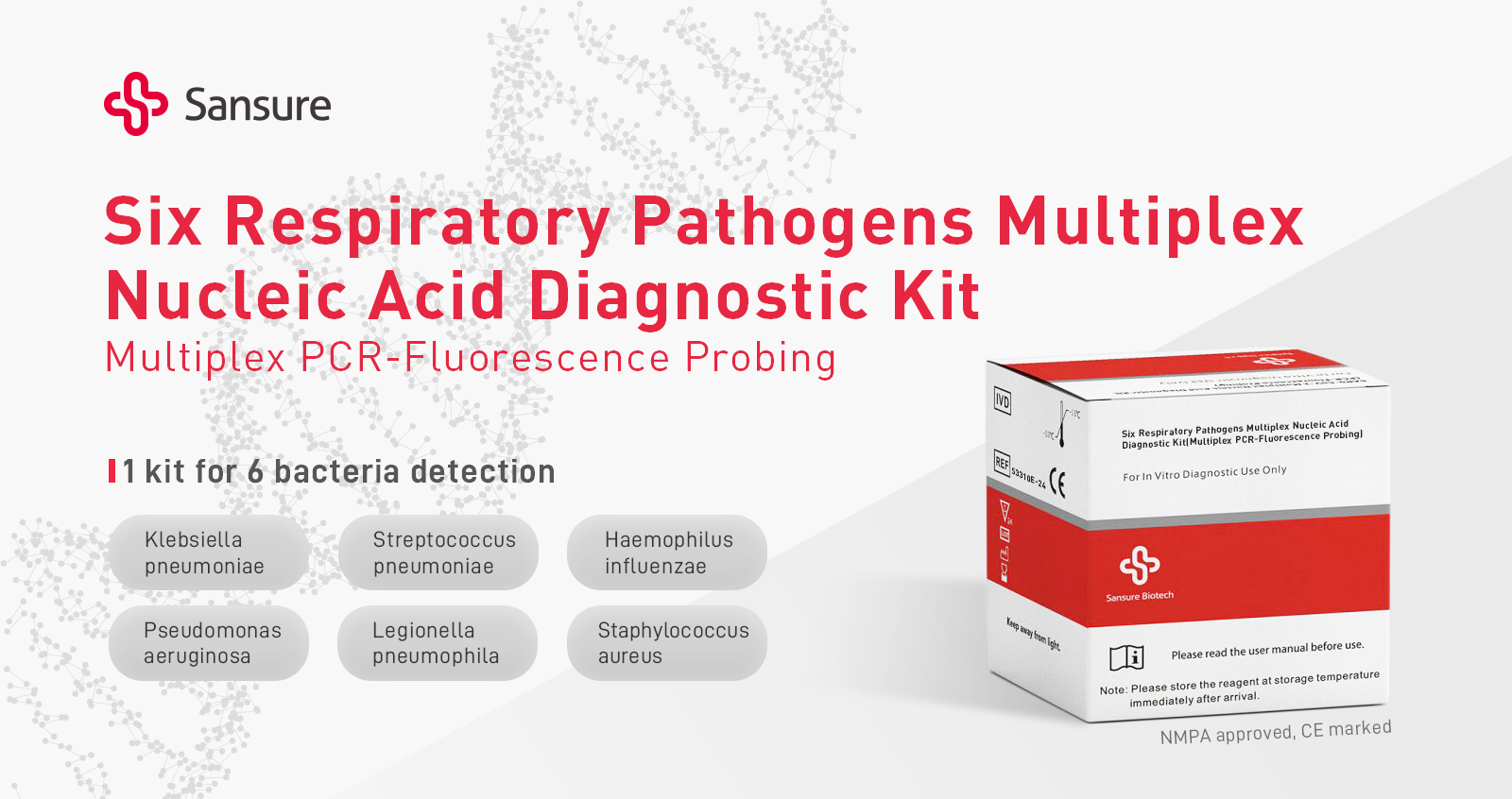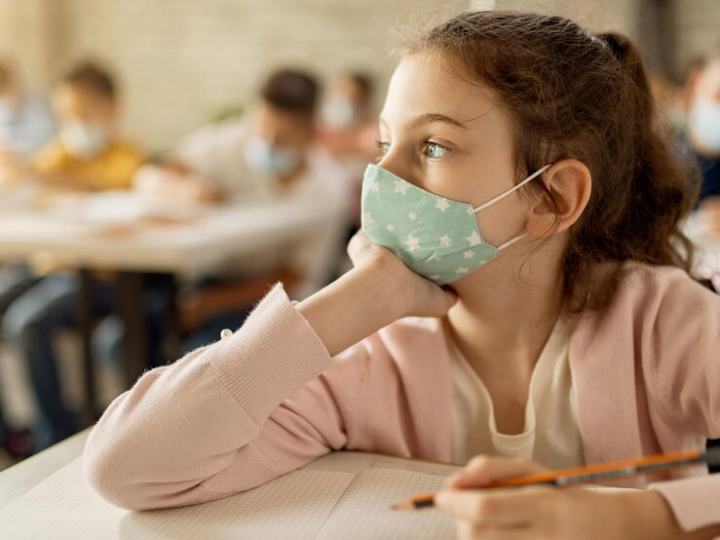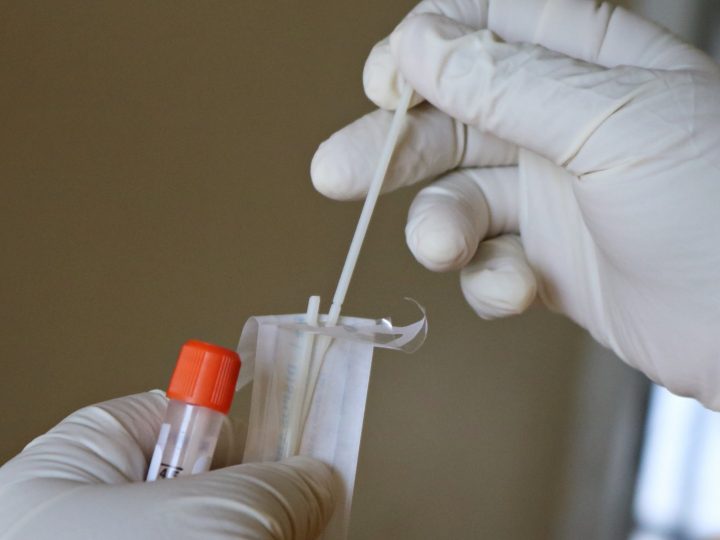Molecular Diagnostics as Solution to Argentina Legionella Outbreak
As of early September 2022, 11 cases of severe pneumonia, including four deaths, have been reported in San Miguel de Tucumán city, Argentina. Argentinian health officials have identified Legionella bacteria as the cause of an unexplained cluster of bilateral pneumonia at a local hospital.
Legionellosis is a pneumonia-like illness that varies in severity from mild febrile illness to a serious and sometimes fatal form of pneumonia. Local health authorities are carrying out investigation activities by performing molecular tests to identify additional cases and limit further spread.
In this article, we will discuss about Legionella infection. In addition, we will focus at possible identification methods for prevention and early treatment.

Legionella pneumophilia
Legionella pneumophila is the main pathogen causing about 90% of Legionnaires’ disease. People can get Legionnaires’ disease when they breathe in small droplets of water in the air that contains the bacteria (e.g., through central air conditioning cooling system or water supply system).
The clinical manifestations of Legionella pneumonia are most severe. In the early stage, a patient may experience fever, mild cough, loss of appetite, headache, malaise and lethargy, muscle pain, diarrhea, and confusion. If treatment is not timely, patients may experience multiple organ failures, which is life-threatening.
About 50% of patients with Legionella pneumonia need to be admitted to the intensive care unit (ICU). However, due to the atypical clinical manifestations of Legionella pneumonia, it is difficult to distinguish it from pneumonia caused by other pathogens, thus patients’ fatality rate is as high as 30% to 50%.
Molecular diagnostic as a detection method for Legionella
Legionella pathogenicity detection can use a variety of methodologies. Below we have reported the main methods of identification:
- Polymerase chain reaction (PCR)
- DNA microarray and other molecular biology methods
- Enzyme-linked immunosorbent assay
- Dual-luciferase reporter gene detection
- Lactate dehydrogenase cytotoxicity detection test
- Surface-enhanced Raman spectroscopy
Among the different testing solutions, molecular diagnostic as the PCR method, has become one of the most commonly adopted test for virulence analysis of Legionella . PCR tests are performed in the laboratory or clinics. In addition, its strong specificity and high sensitivity consolidate PCR tests as one of the most reliable solutions to detect Legionella.
Looking at the Argentina cluster of bilateral pneumonia, WHO recommends the continuation of laboratory analyses, case identification, and outbreak investigation to identify the sources.
Sansure Six Respiratory Pathogens Multiplex Nucleic Acid Diagnostic Kit

Lower respiratory infections (LRP) remained the world’s most deadly communicable diseases , claiming 2.6 million lives in 2019. Pathogens such as Legionella pneumophila and Haemophilus influenzae are included in this category group. Due to the low positive detection rate and long detection period of traditional pathogenic tests, over 62% of adults with community-acquired pneumonia have no pathogenic basis. Failing to identify the cause quickly can delay treatment and increase the development of antibiotic resistance.
Based on advanced magnetic beads technology, our researchers have developed a revolutionary solution for molecular diagnostic – Sansure Six Respiratory Pathogens Multiplex Nucleic Acid Diagnostic Kit.
Our molecular diagnostic kit has high sensitivity (340CFU/ml). The test is unaffected by antibacterial drugs and provides full internal control monitoring to avoid false negatives (UDG enzyme + dUTP anti- contamination measures).
The kit is extremely easy to operate as the results can be analyzed by conventional fluorescent PCR instruments to meet the needs of medical laboratories, clinical institutions, emergency and primary care.
Contact us to know more about respiratory pathogens solutions.





